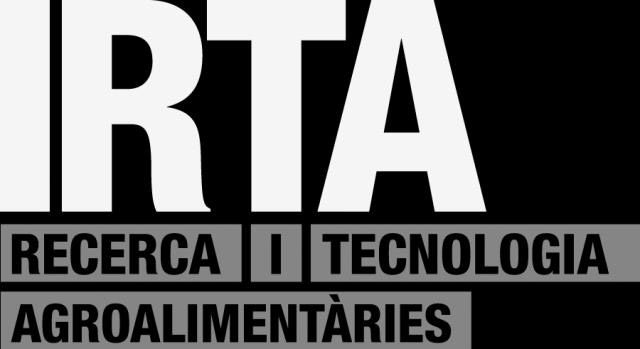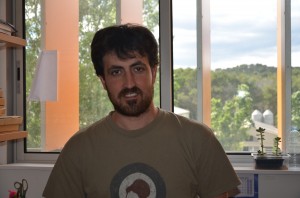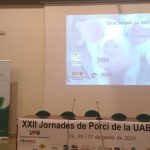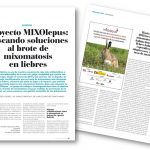Alberto Allepuz,”Epidemiology doesn’t focus so much in diagnosis. It’s more about understanding disease”

As a profession, Veterinary; As a child, wanted to be Journalist , but ” for better or for worst” it’s was gone with the time; For place to stay recommends the Pyrenees , two films: Gran Torino and The Godfather, and a book: No Word from Gurb, from Eduardo Mendoza. Claim that the research is getting worse.
Where did you came from? Where did you go?
I graduated in veterinary medicine in 1999, by the University of Zaragoza. And started working with sheep, first in a sheep farm in Épila, a town near Zaragoza, later in the veterinary services of the cooperative Oviaragón . Then I went into a mixed clinic in Huesca (an Association of Health Protection of sheep in the morning, and in the afternoon we worked with small animals).
After a month and a half in Huesca, I received a call that changed my career substantially. A friend who was working in England at the outbreak of Foot and Mouth Disease (FMD), proposed me to go there . I spent a few months in Newcastle and then I went to Worcester, which is further south.
I began to enjoy traveling and seeing the world and when I saw the opportunity to spend a few months in Peru, I took it. Through an ONG, I started to collaborate on a project to raise awareness about Leishmaniasis.
Finally, I landed in Barcelona in November 2002 and since then I have worked on research and teaching. I read my PhD about the evolution of “Aujeszky virus” eradication in July 2008.
At the present, I’m working with an uncertain teacher contract in UAB. My research is 100% focused on the epidemiology and risk analysis subprogram of CReSA .
The field of epidemiology, did always interested you?
My interest in epidemiology began when I was living in England. During this phase, I thought about the idea of specializing in this area. So, I wrote an email to many people, who I discovered via web that had something to do with epidemiology in Spain. Jordi Casal, researcher in CReSA and professor in the Universitat Autònoma de Barcelona, answered and encouraged me to specialize in the area.
For me, this was the second biggest inflexion point in my career.
Doing a PhD had never been in my plans, but at this point in my life I said and why not?
What do you do in the subprogram of epidemiology and risk analysis?
We only have a single line in the subprogram: veterinary epidemiology.
I am involved in surveillance, studies about risk factors, outbreaks investigation, and studies about the geographical distribution of diseases.
At this moment, I’m working, basically, with two projects of ruminants. The first one is about the epidemiology of bovine tuberculosis and the second is about the blue tongue in Europe. Also, I participate in studies about the epidemiology of PRRS and, in the field of the control of the bovine tuberculosis and brucellosis in goats and sheep, I’m part of the DAAM support.
Is your work related with the diagnosis of diseases?
In epidemiology there are tools, which allow us evaluate the capacity of diagnostic tests to detect diseases. However, epidemiology doesn’t focus so much in the diagnosis but it is more focused it is more focused to understand the diseases, how they are transmitted, and measures to prevent and/or control them.
What kind of tools are used?
The computer is the main character in our work. We use statistical analysis , simulation and data visualization software. For example, geographic information systems, which allow us to evaluate the distribution of disease’s risk in a map.
In some occasions, I need to gather information, then I use epidemiological questionnaires, surveys that make it possible to find interesting data for our work.
So, technology has an important role…
Yes. There are progressively more powerfulanalysis tools, new data mining techniques and complex mathematics and statistics models, with more capacity for prediction and explanation regarding disease behaviour. Sometimes it seems that the new methods developed are better than the quality of the available data.
We can see a new tendency to improve the quality of registers and it can be seen in the development of applications that allow for a better register gathering.
A new future’s tendency in epidemiology…
The multidisciplinary work, collaboration among veterinarians, medical doctors, biologists, statisticians, mathematicians, IT engineers, sociologists…
“One Health” is an emergent concept nowadays, which tries to address the sanitary problems in a comprehensive way, combining human and animal health with environmental problems, economics and sociologic variables.














